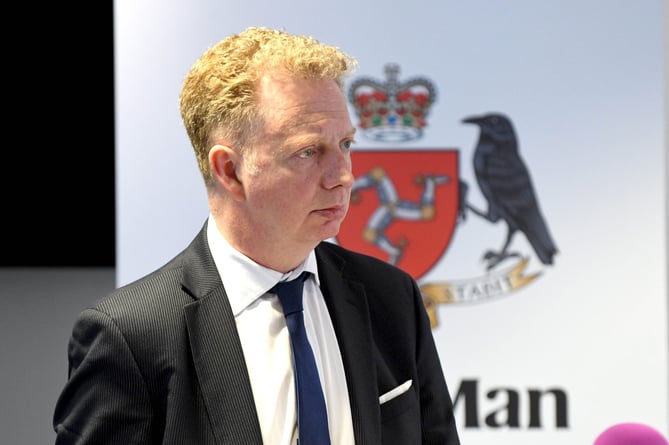The minimum wage in the island is set to rise by £1.25 per hour next week.
Approved by Tynwald in February, the new rates of minimum wage mean an increase from £8.25 to £9.50 per hour.
This is a 15.1% rise that will take effect from April 1.
The rates for those aged 16 to 17 and for development workers (those within the first six months of their employment and has not been previously hired by that employer) will also be increased from £6.15 to £6.80 and £7.30 to £8.05 respectively.
This follows a two-year pay freeze and takes into account the UK’s increase in minimum wage rates and the continued pressure on the labour market for workers, as well as the direction from Tynwald in July 2021 that the minimum wage should move to the level of the island’s living wage within five years.
The island’s living wage currently stands at £10.87.
Before Tynwald backed the minimum wage rise, Treasury Minister David Ashford said: ‘Following the recommendations from the select committee on poverty in July 2021, a key policy action outlined in the Island Plan is to transition the island’s minimum wage rates in line with the living wage within five years, in order to address income disparities in the island and ensure it remains a prosperous place for our residents to call home.’
Meanwhile, the rate of inflation and the cost of living continues to rise. The latest figure was 6.5% in February.
The main drivers of this are gas and electric prices. The cost of electricity is to rise 30% by July this year and residents are braced for another gas price rise in the near future.
While people on minimum wages will welcome a pay rise, the very fact that many companies will have higher pay bills is likely to lead to further inflation.
Minister for Enterprise Alex Allinson said: ‘We have been given a clear mandate from Tynwald to increase our rates of minimum wage over the next few years in order to align with the calculated living wage for the residents of the Isle of Man. Recent increases in energy prices and the overall cost of living have made this measure more important than ever.
‘The Island Plan reinforces this commitment and this increase signals the start of our journey towards this goal.
‘This is the first increase since 2019 and while it is recognised that this will impact some businesses, many have in effect already raised wage levels in order to retain and attract new workers in such a competitive market.
‘It is also imperative that the Isle of Man does not fall behind our close counterparts in the UK, and is able to maintain a strong and competitive proposition when working to fill labour shortages and promote the island as a secure, vibrant and sustainable place to live and work.’
There is also some relief as fuel prices are cut.
The price of petrol for vehicles has been cut by 5p a litre after the Manx government followed the UK’s announcement this week.
Most indirect taxes in the Isle of Man and United Kingdom are the same under the Customs and Excise Agreement.
The fuel price cut is in response to the global energy crisis following the pandemic, as well as Russia’s invasion of Ukraine, to help with the rising costs of fuel.




